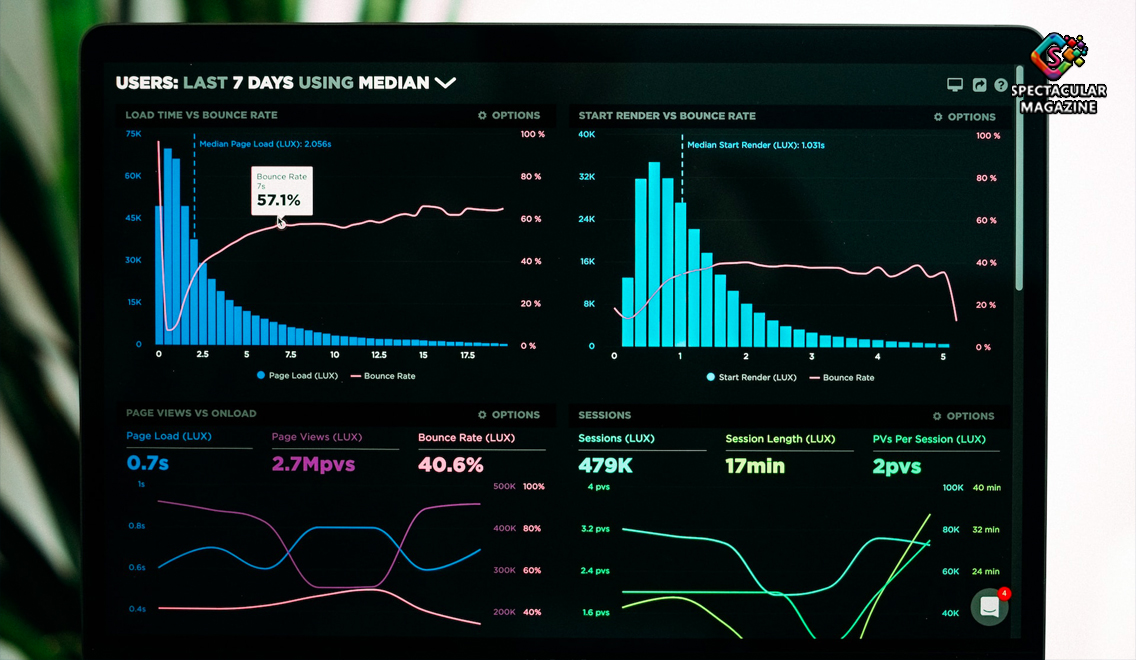Harnessing The Power of Data Integration: An Essential Guide For Modern Businesses
Data integration has become a crucial part of modern businesses, especially with the increasing importance of technology and digitalization. Modern businesses collect and store an enormous amount of data every day. Hence, effective data integration is essential to ensure the right insights are obtained at the right time.
Why improve data reliability and data integration? These will ensure that the organization’s data is streamlined and analyzed effectively. This article will introduce you to data integration, its importance, and how modern businesses can harness the full potential of data integration.
Understanding Data Integration
Data integration combines data from multiple sources and formats into a unified and consistent view. It is a crucial component in modern enterprises and involves managing, consolidating, and transforming data from various sources and formats into an intelligent and comprehensive enterprise view.
The principal objective of data integration is ensuring that organizations have the right data at the right time and in the right format.
Importance Of Data Integration
In modern businesses, timely access to data is crucial as it enables organizations to make swift and confident decisions. However, organizations often need help with data integration, mainly due to the vast amount of data collected and stored in various formats.
Data integration is essential, mainly when organizations deal with multiple data sources, as it allows companies to gain valuable insights from the collected data. Effective data integration will enable an organization to make sense of the vast data collected and simplify the analysis process.
Leveraging Data Integration For Modern Businesses
Modern businesses need to leverage data integration to their advantage. The continuous improvement of data integration technology makes it easier for organizations to access data seamlessly.
Data integration also allows companies to combine their IT infrastructures to practically analyze the collected data. The ability to gain insights from data is essential to modern businesses, giving them a competitive edge.
Data integration also enables modern businesses to automate their data collection and storage processes, reducing employees’ workload.
Automate Your Data Integration Processes
Manual data integration processes are time-consuming, error-prone, and inefficient. The key to successful data integration is to automate your integration processes. Using modern data integration tools, you can easily map your data sources, transform your data, and load your data into your data warehouse.
Standardize Your Data
Standardizing your data is essential for effective data integration. By standardizing your data, you can ensure data reliability across all platforms. You can standardize your data by creating data dictionaries, establishing data quality rules, and implementing data governance policies.
Ensure Data Security And Compliance
One of the biggest challenges of data integration is ensuring data security and compliance. With the increasing threat of cyber-attacks and data breaches, businesses must ensure that their data is secure and compliant with the relevant regulations.
Businesses can protect their data by implementing robust data security measures, such as data encryption, access controls, and monitoring.
Measure Your Data Integration Success
Measuring the success of your data integration efforts is essential for continuous improvement. By tracking your key performance indicators (KPIs), such as data accuracy, data quality, and data availability, you can identify areas for improvement and optimize your data integration processes.
Final Thoughts
Data integration is crucial to modern businesses, and its importance cannot be overstated. Integrating data from multiple sources allows businesses to make informed decisions based on accurate insights. Modern businesses need to understand the importance of data integration and leverage it for a competitive edge.
With deliberate strategies, an enhanced collaboration process, regular technology and infrastructure updates, and ensuring data quality, businesses can harness the full potential of data integration. Businesses that effectively integrate their data can streamline their processes, reduce their workload, and gain insights to guide their decision-making process.


